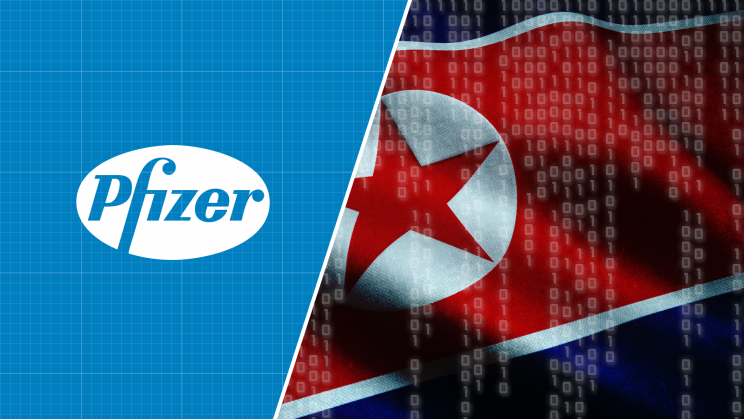
According to the claims of South Korea’s intelligence agency, North Korea launched a cyberattack on U.S. drug maker Pfizer to steal the company’s COVID-19 vaccine data. The same came to public knowledge when officials of South Korea’s National Intelligence Service briefed the country’s lawmakers on Tuesday in Seoul.
Briefing the media on the closed-door hearing, Ha Tae-keung, an opposition member of South Korea’s parliamentary intelligence panel, told reporters that the country’s National Intelligence Service informed the lawmakers that North Korea tried to obtain technology involving the COVID vaccine and treatment by using cyberwarfare to hack into Pfizer servers.
However, Ha did not elaborate on the timing or success of the attempt. Pfizer’s offices in Asia and South Korea have yet to comment on the news of the attack on their servers. COVID-19 vaccines manufacture by Pfizer is being administered to millions of people around the world.
North Korea closed its borders in January last year soon after the virus began to emerge in China and has been under self-imposed isolation since then. It’s leader Kim Jong Un has repeatedly claimed that the country has had no coronavirus cases. However, as per news reprots the country is due to receive two million doses of the AstraZeneca-Oxford vaccine in the coming weeks.
This is the second time in recent months that North Korea has been accused of hacking pharmaceutical companies to retrieve data about their work in creating a new coronavirus vaccine. Microsoft said in November that hackers from both North Korea and Russia attempted to break into seven prominent companies, including Pfizer, BioNTech, Johnson & Johnson, Novavax and AstraZeneca.
US based Pfizer and German company BioNTech in December claimed that documents relating to their vaccine were “unlawfully accessed” during a cyberattack on a server at the European Medicines Agency (EMA), the EU’s medicine regulator.
South Korea’s National Intelligence Service (NIS) has said it has so far foiled attempts by its neighbour to hack into South Korean firms developing coronavirus vaccines.
